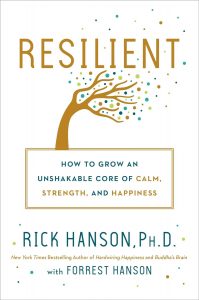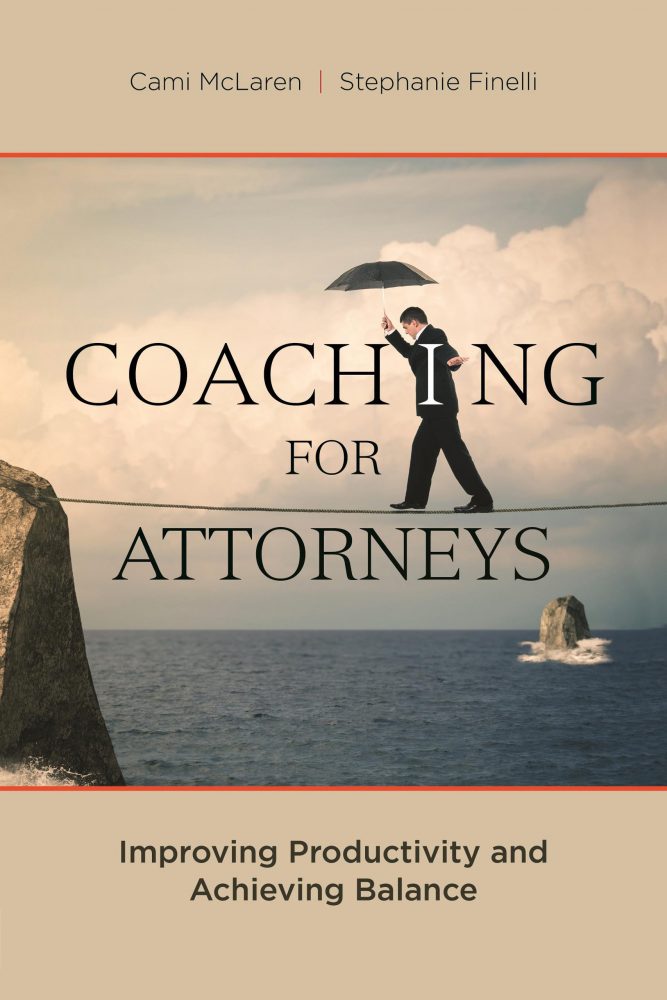We are talking recently about the three pillars of relationship.
To recap our last blog post, wherever you are there are relationships. At work, at home. Everywhere. Not only that, but most of what you want involves a relationship with someone. Relationships are a big deal! And they work best if we consciously build and maintain them.
From our last relationship blog post was this homework:
“Honestly assess – how are these relationships doing? One way to assess is ask yourself if you are getting the results you want from the relationship. Another way may be to go through the pillars and assess your level of trust, communication and commitment in the relationship.”
The first question then is what results you want from the relationship.
Let’s say you want your assistant to be on time, 9AM, to work every day. Also, you want him to be engaged in his work, inventive and enthusiastic and with a good attitude. Finally, you want him to anticipate what you need.
Let’s imagine the results are as follows: (1) Your assistant is on time an average of 4 days a week and when he is late it is only by about 5 minutes; (2) He seems engaged sometimes but also to have a lack of enthusiasm sometimes. You assess this at around 50%. (3) He rarely, if ever, anticipates what you need.
You can then go through the three pillars and ask (1) How is our communication? (2) What is the level of commitment in this relationship? (3) What is the level of trust in this relationship?
If one pillar jumps out at you as more obvious than the rest, go there first. For example, you may rarely have meetings with your assistant which might indicate a lack of communication. Or, you may have meetings with your assistant and feel that he does not listen or understand what you are saying. Both of those things may indicate a problem with the communication pillar. Since this one seems obvious to you, this is a good place to start your work.
Or, you may wish to come at this from a different direction and ask yourself what commitment to this relationship looks like for both of you. What do you expect from him in the way of commitment? It may be that showing up on time and having a good attitude indicate commitment to you. Or it may be that he has been with you for 5 years and is good with clients and this indicates commitment to you. It will be different for different people. You might then ask yourself what your being committed to the relationship looks like. This question can be challenging and so your definition of commitment will be a good place to start.
What about trust? Trust is also something that is fairly subjective. And you can trust in different ways. For example, you may trust your assistant to show up on time 4 out of 5 days and if he doesn’t, that he will not be very late. On the other hand, you may not trust him to show initiative. It will be useful also to look at the other side of the equation and ask do you think he trusts you?
As you go through each pillar, it may assist you to rate the level of each quality (trust, communication, commitment) on a scale from 0 to 10. Then you can begin with the one with the lowest score. Just making the assessment can be one of the most valuable things you do. Because we are encouraging you to not only assign a number to each concept, but to articulate why you assigned that number, you will learn more about the relationship and where the work needs to be done. You will learn about your expectations, how important they are to you and where they are or are not being met. This is a much more proactive approach than to say, “John is unreliable and I don’t know what to do about that.”
And so, your homework for this week is to choose one relationship and articulate the specific results you want from it. Next, ask if one particular quality of the relationship (communication, commitment, trust) is obviously not working. Alternatively, go through each quality and assess each one on a scale from 0 to 10, clearly specifying why you assign that number.
Next week we will go through the pillars individually.
__________________
And speaking of communication. Our next training!
Enrollment is the Art of Collaborative Communication.
Enrollment is a specific communication skill that is effective everywhere. Using this skill will vastly improve all your results – in business and elsewhere throughout your life.
When you master this skill of communication, you will be able to enroll:
• potential clients and customers in hiring you, buying your product or service
• people in referring business to you
• your staff into doing their jobs and doing them well
• supervisors in supporting you in doing your job
• team-members in working together
• clients in paying you on time
• your children in cooperating with you
In this workshop, you will learn the R.E.A.L.I.T.Y.™ model of enrollment – a specific communication tool that will afford you the results above and more.
Participants will learn how to:
• quickly and easily create rapport and trust with others
• ask the right questions to generate a high degree of ownership and follow through
• listen so others feel heard
• speak in a way that others are inspired to take committed action
• create win-win agreements
• help people overcome perceived obstacles in order to create tangible outcomes
June 19 (Tuesday)
1:30pm — 4:30pm
$149/person
$140/person for 2 or more from same company
Register today:
https://www.eventbrite.com/e/enrollment-the-art-of-collaborative-communication-tickets-43781560827
Testimonial
“Cami has taught me that effective communication and enrollment is NOT about getting someone else to see things your way. Effective communication, and the concept of enrollment, is about truly listening and understanding the other person or the other side. With this understanding, you can communicate more effectively and advance your objective with someone else in a way that causes them to be really committed, because they really believe it for themselves. It is a way to find common ground and value that often leads to a better result than just convincing someone to do it your way. Cami is an incredible teacher of these subtle nuances in communication and learning just a small fraction of these skills has made a world of difference in both my personal and professional life.”
–Heather Johnston, Owner, Sapphire Law Group







